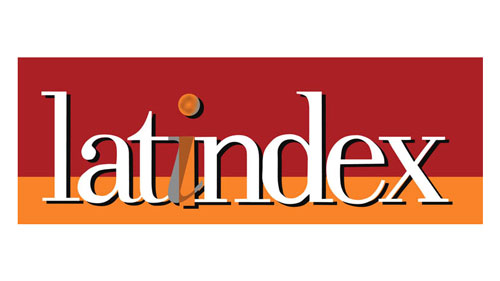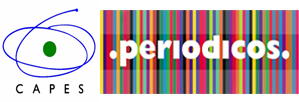The game “Autonomous Me” as a reflection tool for learning foreign languages
DOI:
https://doi.org/10.26512/rhla.v18i1.25025Keywords:
autonomy, learning process awareness, foreign languages learningAbstract
Being autonomous is fundamental for competence development in a foreign language. It is impossible to learn another language without continuous actions that go way beyond the ones commanded by a teacher. However, metacognitively organizing the autonomization process has always been a challenge to most students. Tassinari (2015) proposes a model that aims at helping students in this process. This text, besides discussing the individual basis of the autonomization process, transforms Tassinari’s model into a game to be collectively played. It shows how this was done and the results of an experimental round played by a group of freshmen with different levels of command of the language. Results show that there was a higher level of awareness among students concerning on one hand what really means learning a language and on the other which are the dimensions that need to be activated in order to achieve successful learning.
Downloads
References
BENSON, Phil. Teaching and researching autonomy in language learning. 1ª Ed. Harlow: Longman, 2001.
BENSON, Phil. Teaching and researching autonomy in language learning. 2ª Ed. Harlow: Longman, 2011.
BENSON, Phil.; COOKER, Lucy. (Orgs.) The applied linguistic individual: Sociocultural approaches to identity, agency and autonomy. Bristol: Equinox, 2013.
DAM, Leni. Developing learner autonomy: the teacher’s responsibility. In: LITTLE, David; RIDLEY, Jennifer; USHIODA, Ema (Ed.). Learner Autonomy in the Foreign Language Classroom. Dublin: Autentik, 2003. p. 135-146.
FRANCO, Cláudio P. Autonomia na aprendizagem de inglês: um estudo de caso com nativos digitais sob as lentes do caos e da complexidade. 2013. 201f. Tese (Doutorado em Linguística Aplicada) ”“ Faculdade de Letras, Universidade Federal de Minas Gerais, Belo Horizonte, 2013.
HOLEC, Henri. Autonomy in foreign language learning. Oxford: Pergamon, 1981.
KASDORF, Luiza. Jogos no ensino de língua estrangeira. 2013. 58f. Monografia (Especialização em Ensino de Línguas Estrangeiras Modernas) ”“ Universidade Tecnológica Federal do Paraná, Curitiba, 2013.
PAIVA, Vera L. M. O. Autonomia e complexidade. Linguagem & Ensino, v. 9, n. 1, 2006. p. 77-127.
TASSINARI, Maria Giovanna. Assessing Learner Autonomy: a Dynamic Model. In: EVERHARD, Carol J.; MURPHY, Linda. (Eds.). Assessment and Autonomy in Language Learning. New York: Palgrave McMillan, 2015. p. 64-88.
TATZL, Dietmar. A systemic view of learner autonomy. In: GKONOU, Christina; TATZL, Dietmar; MERCER, Sarah (Orgs.) New directions in language learning psychology. Graz: Springer, 2016. p. 39-54.
VAN LIER, L. The Ecology and Semiotics of Language Learning. A Sociocultural Perspective. Boston: Kluwer, 2004.
Downloads
Published
How to Cite
Issue
Section
License
Copyright (c) 2019 Revista Horizontes de Linguistica Aplicada

This work is licensed under a Creative Commons Attribution-NonCommercial-NoDerivatives 4.0 International License.

A Revista Horizontes de Linguística Aplicada de http://seer.bce.unb.br/index.php/horizontesla/index é licenciado sob uma Licença Creative Commons Atribuição-Uso não-comercial-Vedada a criação de obras derivadas 3.0 Unported.
- Autores mantém os direitos autorais e concedem à revista o direito de primeira publicação, sendo o trabalho simultaneamente licenciado sob a Creative Commons Attribution License o que permite o compartilhamento do trabalho com reconhecimento da autoria do trabalho e publicação inicial nesta revista.
- Autores têm autorização para assumir contratos adicionais separadamente, para distribuição não-exclusiva da versão do trabalho publicada nesta revista (ex.: publicar em repositório institucional ou como capítulo de livro), com reconhecimento de autoria e publicação inicial nesta revista.




